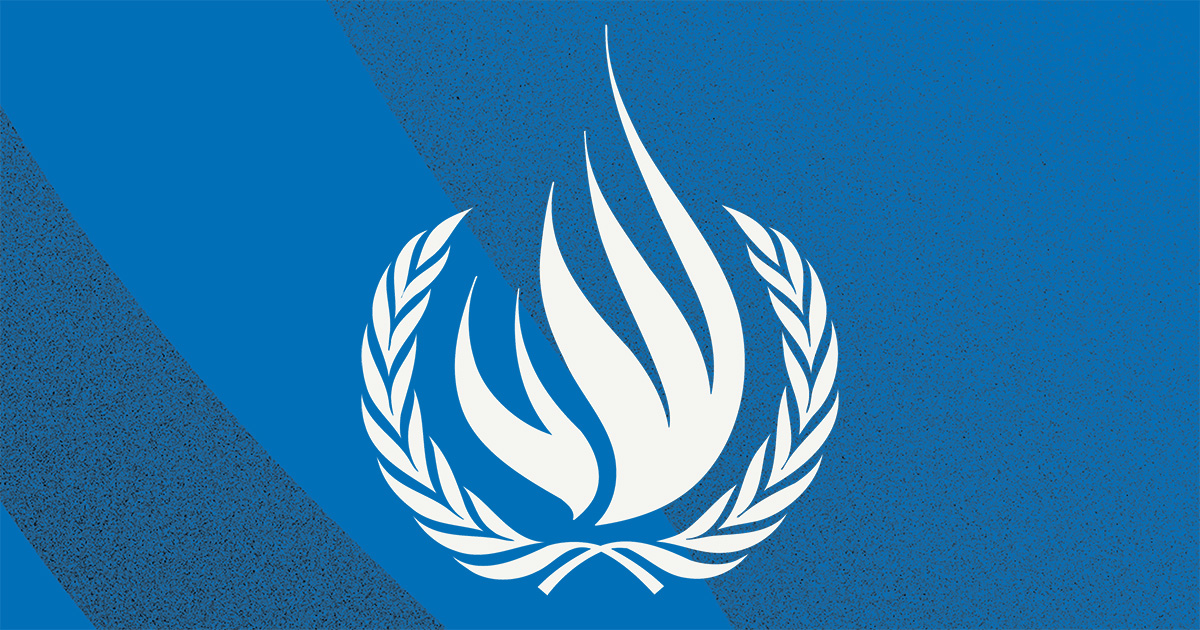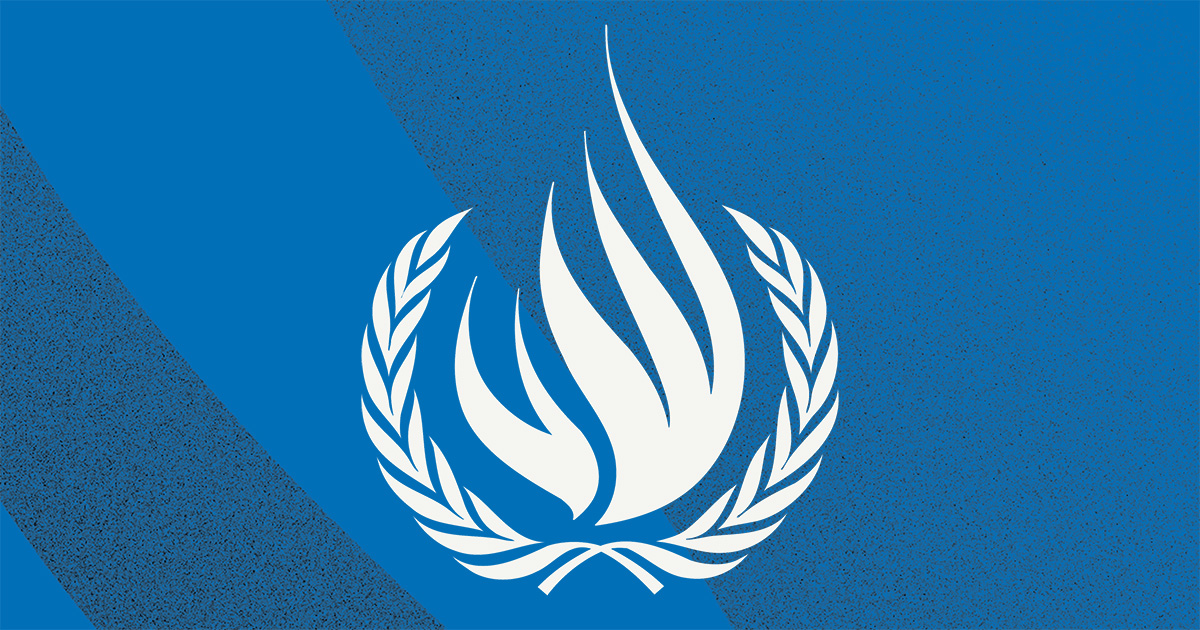
GENEVA (14 June 2024) – UN experts said today the need for a paradigm shift in global emergency responses is clearer than ever, amid new conflicts characterised by disregard for civilian lives, disasters exacerbated by climate change, and the threat and continued impacts of pandemics. Such crises amplify the risks faced by older persons, and expose them to various forms of violence, abuse, and neglect. The UN experts made the following statement ahead of World Elder Abuse Awareness Day:
“Emergencies disrupt the services that older persons rely on for care and support, healthcare, and other needs. Evacuation plans and humanitarian response strategies are not always tailored to the specific challenges older persons face, including mobility issues, sensory challenges, chronic health conditions, disabilities, navigating technological platforms for information, and social isolation. As a result, older persons may face a situation of structural neglect in which they are unable to evacuate safely during conflicts and disasters or enjoy equal access to information, food, water, healthcare, shelter and adequate housing, and other essential services in a timely manner. Their invisibility in emergency planning is compounded by ageism, as competition over increasingly limited resources often results in the allocation of resources to younger populations.
During emergencies, older persons may face new forms of violence, abuse, and neglect, including indiscriminate attacks during conflict, theft, fraud, or other crimes of opportunity amidst the chaos of emergencies, and abandonment by their families or caregivers in displacement. Older women face particularly heightened risks of violence, exploitation and abuse.
Pre-existing abuses may also continue to affect older persons and grow in scale while public attention is diverted towards the crisis. Violence and neglect in care settings, as well as financial crimes against older persons skyrocketed during the COVID-19 pandemic. Rates of gender-based violence, including sexual assault and domestic violence, often increase during emergencies, and older women are often targeted.
The COVID-19 pandemic was a sobering testament to the reality that even when older persons are among the populations most affected by a crisis, emergency responses fail to adequately address their needs. It is crucial that the international community learn from this wake-up call and shift the paradigm for older persons in emergencies towards a human rights-based approach that adequately protects older persons. One important step would be the adoption of an international legally binding instrument to safeguard the human rights of older persons on an equal basis in all situations, including emergencies.
In the interim, emergency response actors should ensure preparedness, response, and recovery efforts are tailored to the needs of older persons, systematically collect disaggregated data, and train all personnel in age- and gender-responsive approaches. Protection interventions should encompass mechanisms to better identify, prevent, and respond to abuse of older persons. Crucially, older persons in emergencies should be empowered to participate in all decision-making processes, in recognition of their knowledge, lived experience, and capacity to contribute.
This World Elder Abuse Awareness Day provides an important reminder for the international community, including States, UN agencies, and humanitarian actors, to critically rethink their approaches to emergencies to ensure the full inclusion of older persons in their full diversity and in so doing, work towards the imperative of the Sustainable Development Goals to leave no one behind.”
*The experts: Claudia Mahler, Independent Expert on the enjoyment of all human rights by older persons, Reem Alsalem, Special Rapporteur on violence against women and girls, its causes and consequences. Michael Fakhri, Special Rapporteur on the right to food; Dorothy Estrada Tanck (Chair), Laura Nyirinkindi (Vice-Chair), Claudia Flores, Ivana Krstić, and Haina Lu, Working group on discrimination against women and girls; Paula Gaviria Betancur, Special Rapporteur on the human rights of internally displaced persons; Tlaleng Mofokeng, Special Rapporteur on the right of everyone to the enjoyment of the highest attainable standard of physical and mental health; Heba Hagrass, Special Rapporteur on the rights of persons with disabilities
The Special Rapporteurs are part of what are known as the Special Procedures of the Human Rights Council. Special Procedures, the largest body of independent experts in the UN Human Rights system, is the general name of the Council’s independent fact-finding and monitoring mechanisms that address either specific country situations or thematic issues in all parts of the world. Special Procedures experts work on a voluntary basis; they are not UN staff and do not receive a salary for their work. They are independent from any government or organization and serve in their individual capacity.
For more information and media requests please contact: Krishnan Raghavan (krishnan.raghavan@un.org)
For media inquiries regarding other UN independent experts, please contact Dharisha Indraguptha (dharisha.indraguptha@un.org) or John Newland (john.newland@un.org)
Follow news related to the UN"s independent human rights experts on Twitter: @UN_SPExperts









